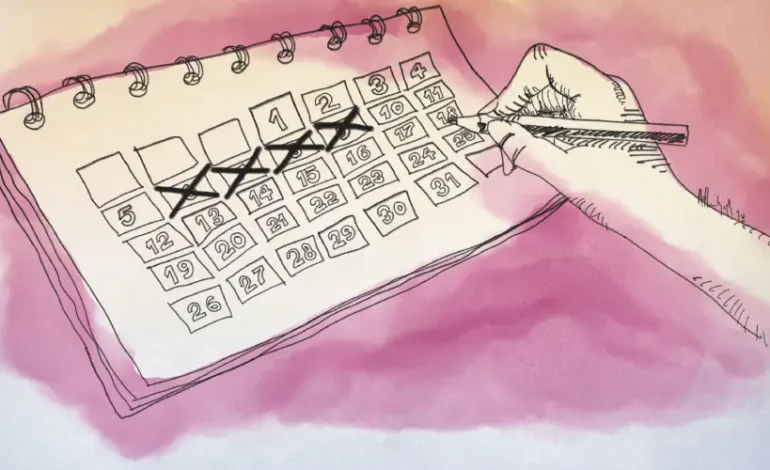Punk, Politics and Homosexuality in Coming of Age Norwegian Movie

In honor of the recent move in the US to legalize same-sex marriage, it’s high time to review one of the most life-changing, coming of age movies on homosexuality to me, Mannen Som Elsket Yngve (the Man who Loved Yngve). Directed by Norwegian Stian Kristiansen, the 90-minute movie released in 2008 is an adaptation of a novel by the same name by Tore Renberg.
The story revolves around 17-year-old Jarle Klepp (Rolf Kristian Larsen) back in 1989 in Stavanger, Norway, when the Berlin Wall was falling; Mikhail Gorbachev was winning at the world stage, being awarded the Otto Hahn Peace Medal as the Soviet went through a dissolution that led to the breakdown of communism. Against this setting, youth communist anarchist Jarle and his two best mates existed in punk scene, playing music to voice anarchy, anti-fascism, and the fight against capitalism.
Together with his mates Helge Ombo (Arthur Berning) and Andreas (Knut Sverdrup Kleppestø), Jarle forms a punk band called Mathias Rust Band with his girlfriend Katrine (Ida Elise Broch) as the manager. (And yeah, Mathias Rust, the man who flew 750 kilometer to Red Square back in 1987 at the age of 19)
The band name is not their first choice – Jarle is too afraid to let his mom know about the band if they used the previously decided name, Fittesatan Anarkikommando, which means Pussy Satan Anarchy Commando and which became the title of one of their songs instead. Influenced by The Cure, Stone Roses, Jesus and Mary Chain, Buzzcocks, Sonic Youth, the Smiths, R.E.M, and Hüsker-Dü they unleash their left-wing politics, world domination, revolution, and anarchism through distortion-filled sounds, or, as Helge Ombo says, “the holy trinity of pussy, rock and revolution”.
Jarle’s life has been a primrose path in the beginning, smooth sailing with his best mates and up-and-coming punk band, their affinity for ‘80s alternative music, an amazing girlfriend, and basically nothing to worry about. Things begin to unravel for him, however, when a transfer student, Yngve Lima (Ole Christoffer Ertvaag), enters his life. Yngve’s whole existence sucks him in, as he finds himself drowned in infatuation. When the feelings become overwhelming, his integrity and self-worth are challenged.
He has to choose whom to love, Yngve or his girlfriend Katrine. And as he attempts to enter Yngve’s world, a complete opposite to his world, Jarle also struggles to maintain his dignity in front of his mates.
Yngve is a soft-spoken guy who listens to synth pop and plays tennis, a “pointless bourgeois activity” in Jarle’s peers’ book. They find synth pop and tennis repulsive and they would definitely alienate Jarle if they ever find out his growing fondness towards those things. It’s all a typical peer pressure that rules the realm of youth.
Eventually, things must come to an end (or, precisely, a rather tragic end). Being an emotionally volatile and self-centered youth, Jarle loses his band, comrades, and girlfriend, and even Yngve as the consequence of his own actions. The movie closes with a scene of Jarle entering a bus while reminiscing about how his life used to be before he lost everything, as Joy Division’s “Love Will Tear Us Apart” plays in the background.
The movie depicts the social and political issues of the time beautifully. Jarle’s struggle to overcome his fear of rejection if his mates were to find out about his homosexuality, and his confusion and dilemma whether to embrace or deny his own sexuality were profound. Rolf Kristian Larsen, 24 at that time, was able to enthrallingly portray the minds and deeds of a confused youth who hasn’t fully grown.
I was also instantly drawn to the political elements that make the movie more formidable. Some of the best humors in this film were political references. The left-right political spectrum was intense, as the main character strive to fight capitalists and stand for their anarchist ideology influenced by punk music. The band’s music speaks volumes of their resentment of fascism. Arthur Berning’s portrayal of Helge Ombo was pure gold when it comes to satire humor and political references.
Mannen Som Elsket Yngve is, I should declare, one of the best Norwegian movies I’ve ever come across. This underrated hidden gem should get more recognition, and I hope more people will discover it.






















